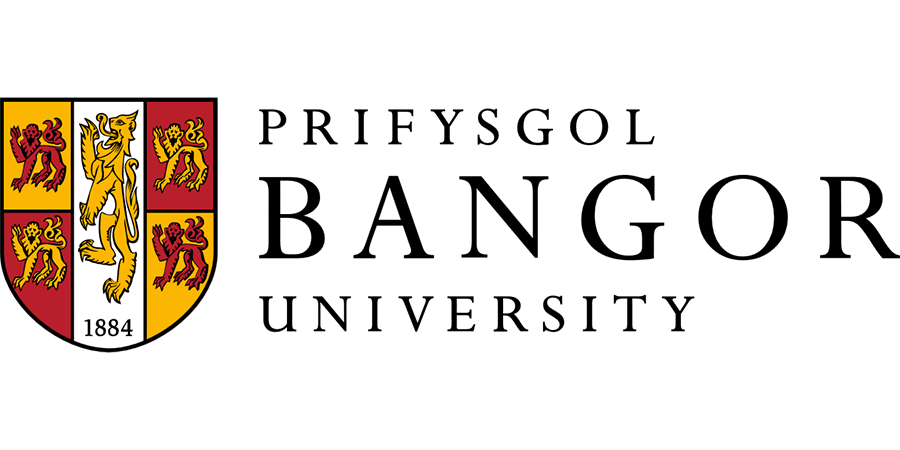PhD Studentship: Predictive Modelling of Molten Salt Properties Using Machine Learning and Experiments
Bangor University
| Qualification Type: | PhD |
|---|---|
| Location: | Bangor |
| Funding amount: | £20,780 pa |
| Hours: | Full Time |
| Placed On: | 24th October 2025 |
|---|---|
| Closes: | 30th November 2025 |
Molten salts, such as alkali halides, and their mixtures, address every facet of the UK’s nuclear renaissance, being used in fuel pyroprocessing, next-generation fission reactors, and in fusion fuel breeder blankets – this has made them the object of international investigation despite experimental difficulties. Corrosion, volatilisation, high temperatures, and redox control are just a few of the challenges which experimentalists must consider – computer simulations of molten salts are therefore a very valuable guide to efficient experimentation. Molten salts have been well-studied using classical atomistic simulations, however these suffer from inconsistent accuracy, particularly for fluoride-containing salts and complex mixtures. On the other hand, ab-initio simulations which explicitly handle quantum mechanical effects are typically too expensive for simulations of disordered systems like liquids.
This PhD will develop and deploy the tools needed high-fidelity simulations: machine learned interatomic-potentials (MLIPs), refined for molten salt mixtures hosting other nuclear material solutes.
We will perform density functional theory (DFT) calculations and molecular dynamics (MD) simulations to create molten salt MLIPs, predicting a variety of industrially pertinent properties: thermal conductivity, heat capacity, viscosity, and thermodynamic phase data. We will develop new statistical mechanical models, adapting recent developments in the thermodynamic theory of liquids towards liquid mixtures and molten salts in particular. Neutron scattering experiments at the STFC ISIS Facility will validate microscopic structural and dynamical data, while thermodynamic and transport will be shared with and validated by experimental colleagues in academia and industry. This will allow us to ascertain key properties and relations to guide engineers designing and prototyping next-generation nuclear technologies.
The successful candidate will join Bangor University’s Nuclear Futures Institute, a multidisciplinary team of researchers. The candidate will benefit from our international network of academic partners and our close relations with the UK nuclear industry. They will also benefit from supervision by Science and Technology Facilities Council (STFC), Scientific Computing Department Daresbury Laboratory, with the PhD being conducted between Bangor and Daresbury with a 50:50 time split. This project is supported by the Ada Lovelace Centre at STFC and the Nuclear Energy Futures Centre for Doctoral Training. The candidate will be part of the comprehensive training network as part of the wider cohort in collaboration with Imperial College London, the University of Cambridge, and the University of Bristol.
Fees and funding: This fully funded project includes tuition fees, a stipend at the UKRI rate (£20780 pa), and a £2000 annual budget for travel and subsistence. Funding is available only to UK home students.
Entry requirements: The candidate must have a UK 2:1 honours degree or its international equivalent in physics, chemistry, or similar. The ideal candidate will have:
- A strong background in statistical mechanics.
- Familiarity with quantum mechanics and condensed matter physics.
- A keen interest in high-performance computing, simulations, and computational methods in physical sciences.
Informal enquiries should be directed to the project supervisors, Dr Cillian Cockrell (Bangor University, NFI – c.cockrell@bangor.ac.uk) and Dr Alin-Marin Elena (STFC Daresbury – alin-marin.elena@stfc.ac.uk). Please e-mail CV and cover letter, detailing research experience, interest and suitability for the project, to Dr Cillian Cockrell via the above ‘Apply’ button.
Closing date for applications: 30/11/2025
Start date: 31 January 2026
Advert information
Type / Role:
Subject Area(s):
Location(s):









